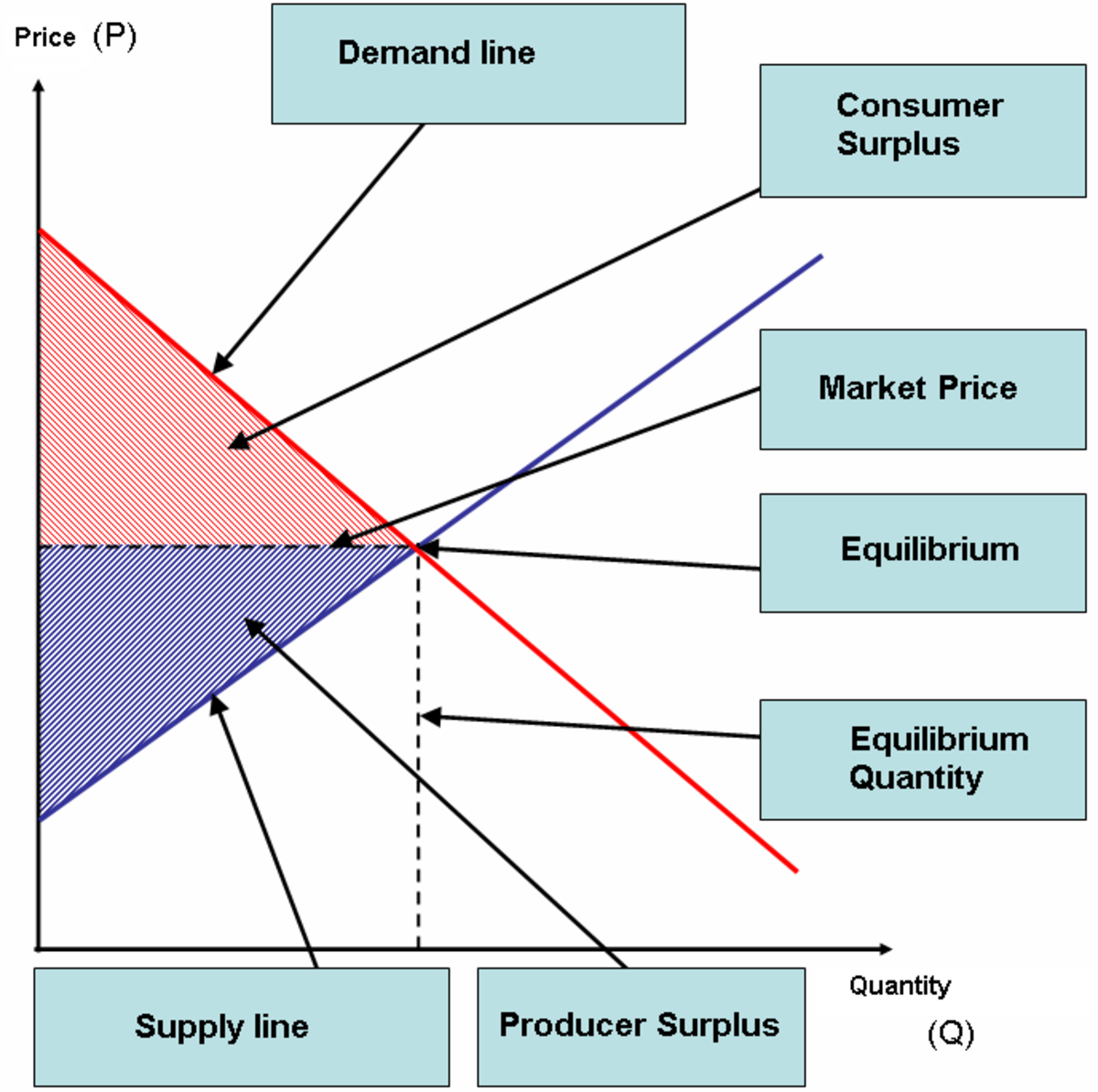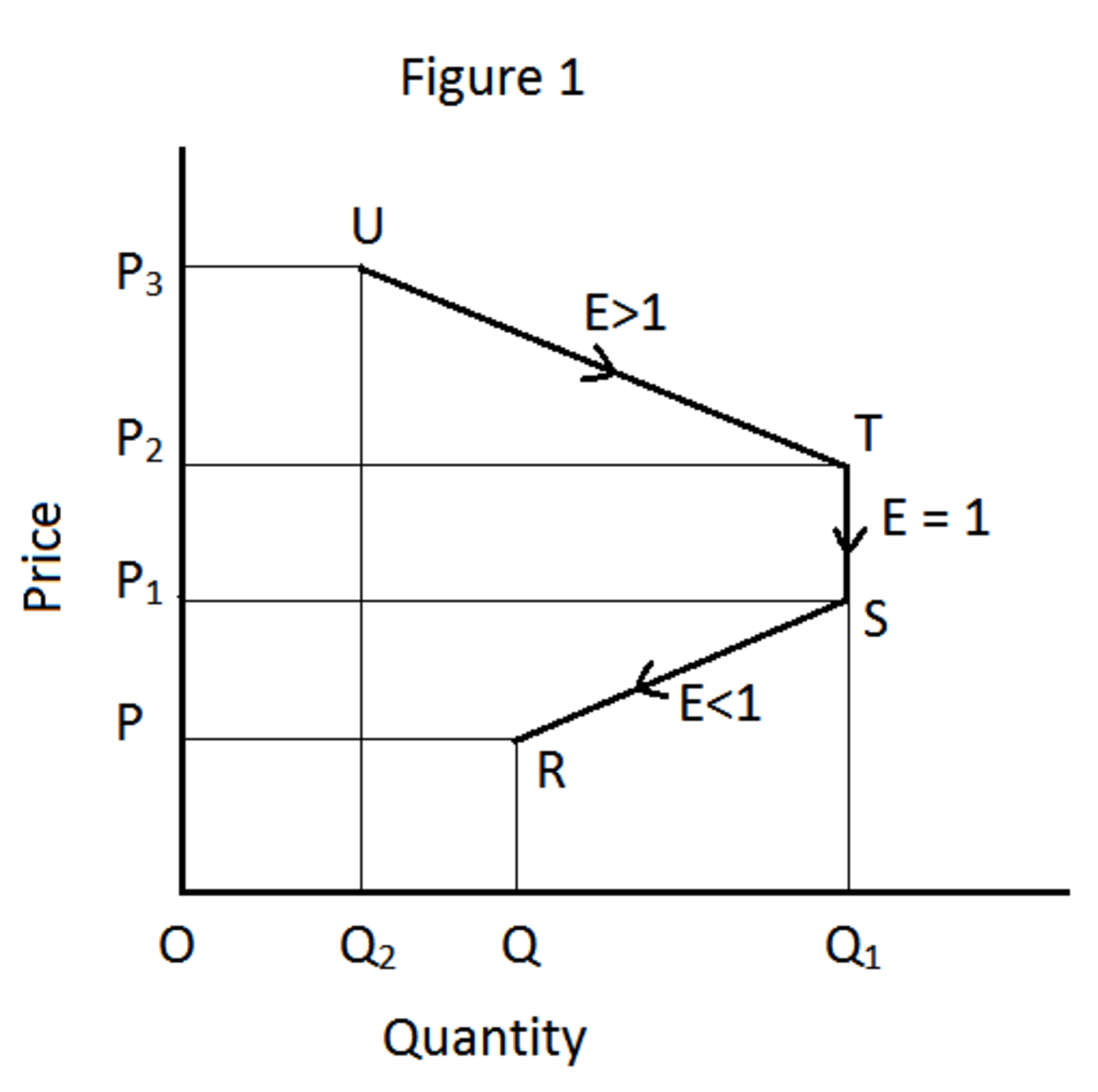Want to Buy a Gas Powered Clock Radio?


Get yourself a “Black Gold” gas powered clock radio! What’s that….there is no such thing? Sure there is, at least according to the Environmental Protection Agency (EPA) there is. Well, they signed off on one anyway. The description read: “Gas-powered clock radio is sleek, durable, easy on your electric bill, and surprisingly quiet.”
This nonexistent doo-dad was submitted to their Energy Star program along with several other totally useless items by the Government Accountability Office (GAO) in a kind of “sting” operation. It had been long suspected the EPA was fairly lax in their approval of items claiming to be “energy efficient” and a team from GAO decided to put them to a test. The U.S. Environmental Protection Agency and the U.S. Department of Energy (DOE) are the agencies tasked with overseeing Energy Star.
A few of the other items submitted along with the gas-powered clock radio were an air cleaner made by gluing a feather duster to a space heater, and something called a geothermal heat pump. All received Energy Star certifications. You must remember, none of these items actually existed. They were made up by the fertile imaginations of a GAO investigative team.

But, why all the fuss over getting the coveted, blue Energy Star logo put on a product? Energy Star has huge benefits for manufacturers. Any product bearing the logo has the publics’ trust. Consumers assume all Energy Star products are stringently tested for energy efficiency and many consider that before making a purchase.
Consumers are not only looking for products miserly on electricity use, but they often get a tax credit when buying an Energy Star device. This benefits manufacturers as well because they can charge full price, and the consumer’s purchase is subsidized by American taxpayers. And certain federal agencies are required to buy Energy Star products.
The GAO decided to test the Energy Star certification process. They submitted 20 fake products to Energy Star by filling out some forms online. Fifteen of the phony products, including the gas-powered alarm clock and all four fake companies were certified by EPA and DOE under the Energy Star program.
The phony products were part of an investigation into the Energy Star program conducted by the Government Accountability Office, which submitted 20 fraudulent Energy Star applications from four fake companies. The EPA evaluated 16 of those products while the Department of Energy (DOE) evaluated four.
It’s hard to believe the Environmental Protection Agency certified a “gas-powered clock radio” as an energy-efficient product under the governments’ Energy Star program despite the fact the clock or manufacturer never existed.
The investigation took place between June 2009 and March 2010. Fake Web sites, rented post office boxes and cell phones were used to make companies appear legitimate. You can view some of the fake companies at: Cool Rapport, Futurizon Solar Innovations, Spartan Digital Electronics, and Tropical Thunder.
One of the phony products, which GAO submitted was an energy-efficient air cleaner. It was pictured on a phony Web site as nothing more than a space heater with a feather duster taped to it. Even if the darn thing actually worked anybody with a modicum of common sense would have questioned the fire hazard there!
A spokesman for GAO explained: “Using fictitious information, we were able to obtain Energy Star partnership for four bogus manufacturing firms, using only Web sites, commercial mailboxes, and cell phones to serve as a backstop corporate presence,” he said. “All four bogus companies were granted Energy Star partnership by EPA and/or DOE within 2 weeks.”
The three products the EPA failed to act on were an electric office hammer and a battery charging system, both of which submitted fake test results. The third was a decorative lighting string which cited a nonexistent testing laboratory.
A report filed by the GAO stated “Our investigation found that companies can easily submit fictitious energy-efficiency claims in order to obtain Energy Star qualifications for a broad range of consumer products.” It went on to say “The current process for becoming an Energy Star partner and certifying specific products as Energy Star compliant provides little assurance products with the Energy Star label are some of the most efficient on the market.”
The Energy Star program was launched in 1992 and designed to promote and assist consumers in identifying, energy-efficient products. Generally, such products are up to 25 percent more efficient than the federal minimum standard, according to the GAO. Energy Star is administered jointly by the EPA and the Department of Energy.
Products meeting the government’s standards get access to Energy Star marketing materials, including stickers placed on their products informing consumers they are energy efficient. However, as GAO discovered, manufacturers are allowed to provide their own proof of energy efficiency, claims that EPA and DOE do not regularly verify.
Most of the phony products submitted by the GAO, including the air cleaner, were listed as Energy Star products on the Energy Star Web site, energystar.gov.
Greg Kutz, managing director of GAO’s Forensic Audits and Special Investigations division, while being interviewed by CNS News.com said the phony products ranged from the “…apparently legitimate to the “ridiculous.” However the GAO was never questioned about the approved fake products.
Kutz explained “In a couple of cases we got emails. I don’t think we ever spoke to anybody. In some cases they asked us for additional information, and we simply emailed them a response and they accepted it.”
Kutz finalized the interview by pointing out his investigation showed consumers could not assume products and companies earning Energy Star certifications have actually been verified by the government. “The point is they are assuming the Energy Star label means someone’s validated the manufacturers’ claims, and I think what we’ve clearly shown here is that’s not the case in most of these instances.”
There’s a message here. With blunders like these, do we really need MORE government regulation and intrusion into our lives.








